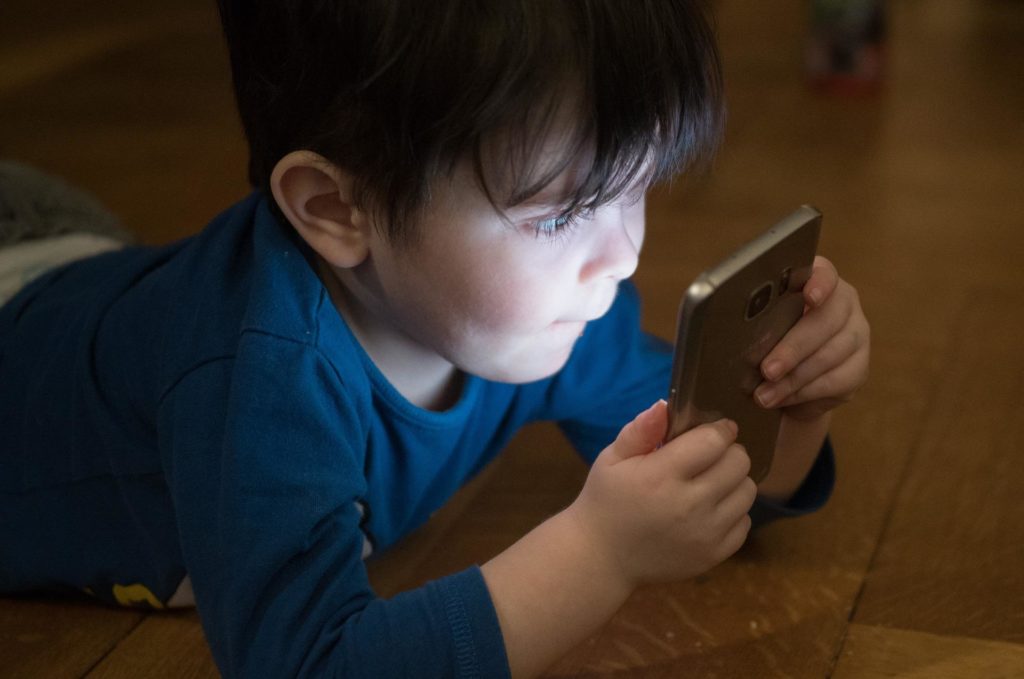
The Omnipresence of Screens
You just came back from work after spending hours behind your computer, you greet your loved ones and decide to chill by watching Netflix on TV. You then received notifications on your phone and decide to check on social media what has been happening. Beside you, your partner is reading the news on a tablet, while your kids are playing video games in their room.
What do these activities have in common? Screens. During the pandemic, our screen time exploded: we were all stuck at home, either working, studying or trying to pass the time. Even if some of us started doing DIYs and manual activities, we mostly went trough Netflix and Disney+ catalogs to find something to watch, while the younger ones were either playing Animal Crossing or making TikToks.
What amount of screen time is healthy? How does it affect us? What can we do about it? Let’s dive right into it!
Screen Time
As explained in that video, spending time on screens does affect us in different ways: lack of productivity, arguments on that matter, the challenging part of limiting our screen time, etc.
Physically speaking, some studies showed that a majority of people complain about either headaches or eyes tiredness. It’s mainly due to the amount of time spent behind a screen without taking any breaks from it and the fact that we blink significantly less in front of screens.
Kids

This is often a delicate subject among parents. Forbidding screens is one thing, but it’s also the easiest and quickest solution when you’re desperately trying to keep your kids busy and quiet. However, exposing them to screens at a early age can seriously damage the way they perceive our 3D world.
Here’s the recommended screen time for kids:
- – 3 years old: no screens
- 3 – 6 years old: max 1 hour per day, divided into 20min sessions with an adult throughout the day
- 6 – 9 years old: max 2 hours per day, divided into 30min sessions
- + 10 years old: 30-45 minutes per session
Of course, we invite you to openly discuss about screen time with your children and why not extend the duration based on their behavior, grades, etc.
Tips

Here are some tips to help out, whether you must use a screen or if you’re looking for a healthier approach:
- For your computer: reduce the brightness, clean your screen and don’t hesitate to pick a bigger typeface to appease your eyes. You could also purchase glasses that filters the light coming from your PC.
- Take breaks: for every 20 minutes spent on your computer, take 20 seconds to stretch and to look at the outside world from your window.
- Netflix or any other streaming service: instead of binge watching the last season of Stranger Things until 2AM, take your time to fully enjoy the show by watching one or two episodes a day.
- With friends: if you’re at the restaurant challenge them by putting all your phones in the middle of the table. The first person touching their phone pays the bill for everyone (or at least the next round).
- For your phone: there are lots of apps available allowing you to get away from your smartphone: Social Fever, Freedom, Space, 1Question, etc.
Bottom Line
Screens are almost inevitable, whether it’s for work, entertainment, ads, staying in touch with the world, shopping online… It is perhaps high time to take a break, spend quality time with your loved ones and who knows, you might discover a new hobby along way!





